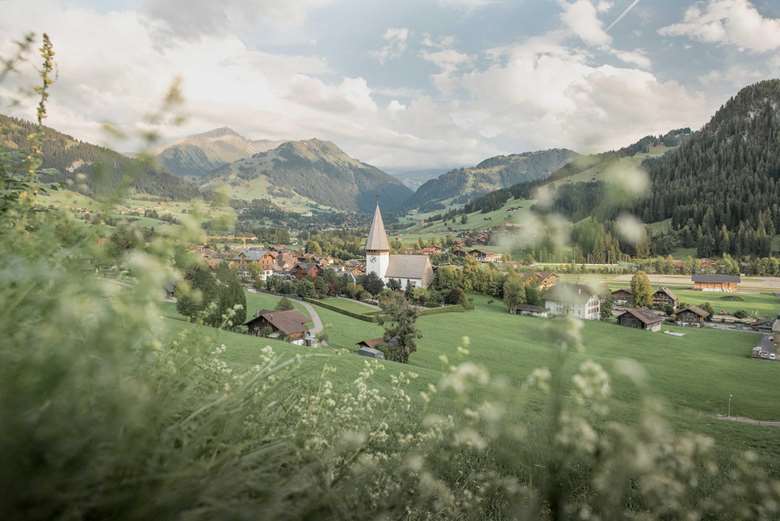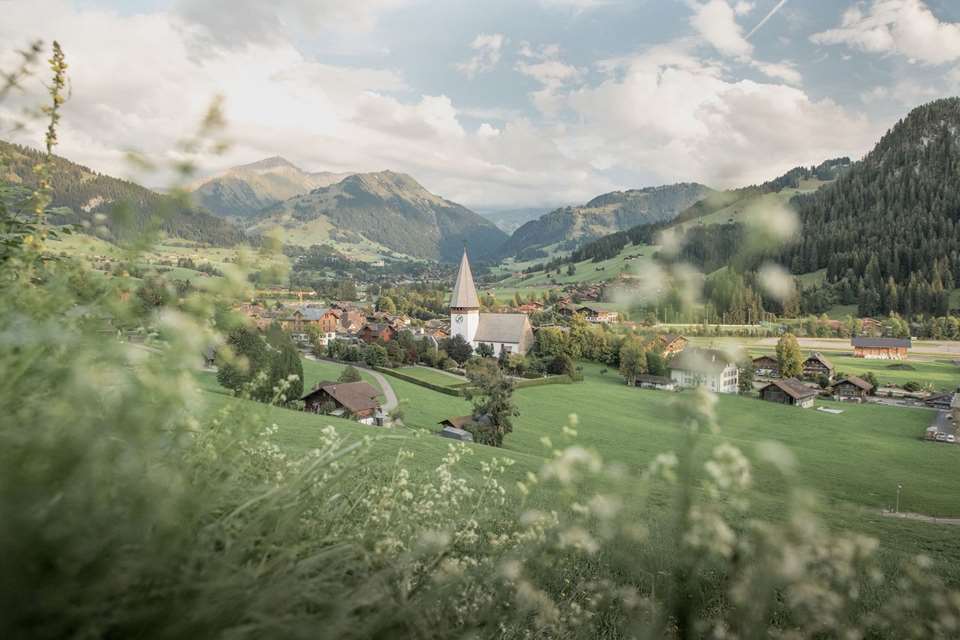Gstaad Menuhin Festival: Heralding a new era of change
Desmond Cecil
Thursday, December 15, 2022
Following the vision of the great violinist and humanist Yehudi Menuhin, the festival showcases the classical music world’s biggest names and rising young musicians.

(c) Melanie Uhkoetter

Register now to continue reading
Don’t miss out on our dedicated coverage of the classical music world. Register today to enjoy the following benefits:
- Unlimited access to news pages
- Free weekly email newsletter
- Free access to two subscriber-only articles per month
